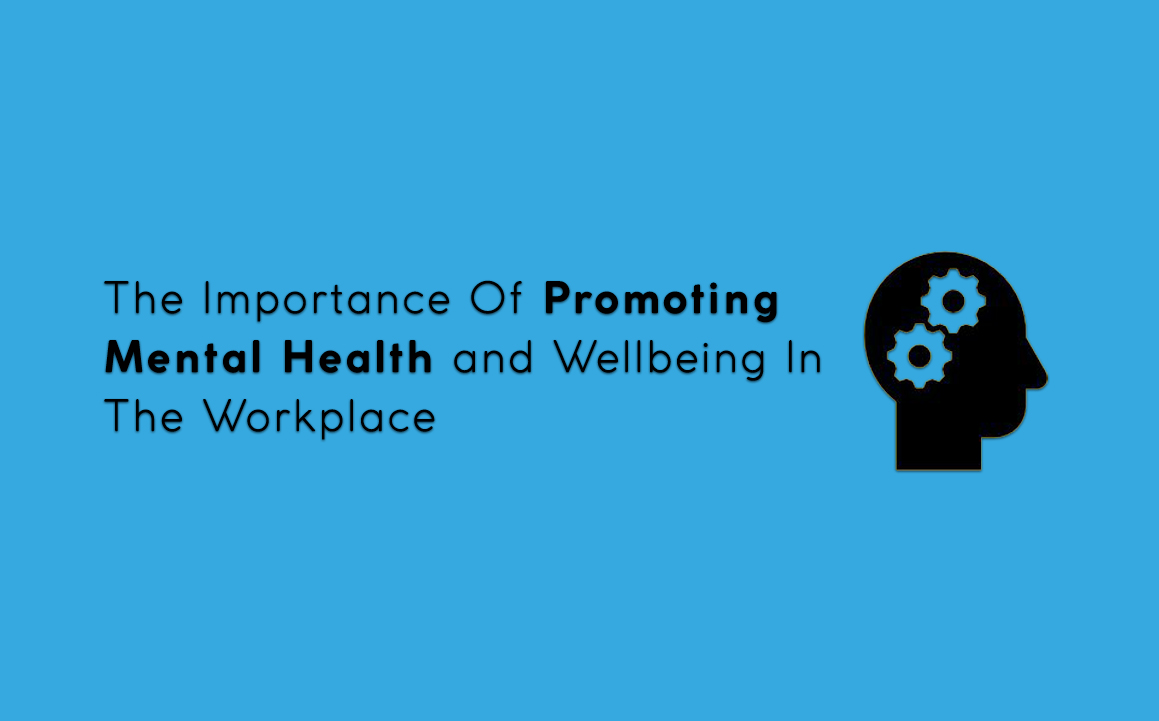Coaching vs Mentoring – What’s the difference and what are you looking for?

Coaching vs. Mentoring: Understanding the Distinctions
In the realm of personal and professional development, understanding the distinctions between coaching and mentoring is vital. Misconceptions often arise, with many individuals believing that a coach will offer advice and solutions similar to a mentor. However, these roles serve different purposes and require clear definitions to ensure effective outcomes.
What is Coaching?
The International Coaching Federation (ICF) defines coaching as: “Partnering with clients in a thought-provoking and creative process that inspires them to maximise their personal and professional potential.” Key elements in this definition include the creative process, inspiration, and maximising potential.
A coach is an expert in the coaching process but typically not in the subject matter the client is addressing. For example, a Sales Manager seeking a promotion possesses more detailed knowledge of their situation than the coach. Therefore, it would be irresponsible for a coach to provide specific advice without full understanding.
Coaching is fundamentally about enhancing performance and facilitating learning. John Whitmore, in “Coaching for Performance,” describes coaching as: “Unlocking a person’s potential to maximise their own performance. It is helping them to learn, rather than teaching them.”
The coach’s role involves assisting the coachee in defining their objectives, understanding their current situation more deeply, and outlining actionable steps to achieve their goals.
Benefits of Coaching:
- Enhances individual performance
- Develops skills and behaviours
- Raises self-awareness
- Increases ownership and responsibility
- Encourages openness to learning and development
- Provides clarity on situations, goals, and objectives
What is Mentoring?
Mentoring is often confused with coaching but serves a different function. According to the University of Cambridge, mentoring is: “A system of semi-structured guidance whereby one person shares their knowledge, skills, and experience to assist others in progressing in their own lives and careers.”
Mentors offer specific advice based on their expertise in a particular field or situation, supporting the mentee’s progression. For instance, a Sales Director could mentor a Sales Manager aiming for a promotion, offering informed advice and guidance.
Benefits of Mentoring:
- Provides guidance on career advancement and professional development
- Introduces new ideas and ways of thinking
- Facilitates the development of new knowledge and skills
- Offers advice from experienced individuals
- Provides recognition from senior positions within an organisation
Key Differences Between Coaching and Mentoring
While both coaching and mentoring aim to support personal and professional growth, the nature of the relationships and processes involved are distinct. Coaching is generally shorter-term, goal-focused, and follows a defined process led by the coach. Mentoring tends to be longer-term, less formal, and more flexible.
Deciding Which is Right for You:
- If seeking advice to navigate specific situations or wisdom from someone experienced, a mentor is suitable.
- For achieving specific goals, raising self-awareness, or personal development, engaging with a coach is beneficial.
- For learning specific skills or becoming an expert in a field, consider relevant training courses and opportunities.
How Can We Help You?
At Ignite, we are committed to supporting individuals in their personal and professional journeys. In April 2024, we are offering two free 1-hour virtual coaching sessions to those interested in experiencing the benefits of coaching firsthand.
To register your interest, please click here.





